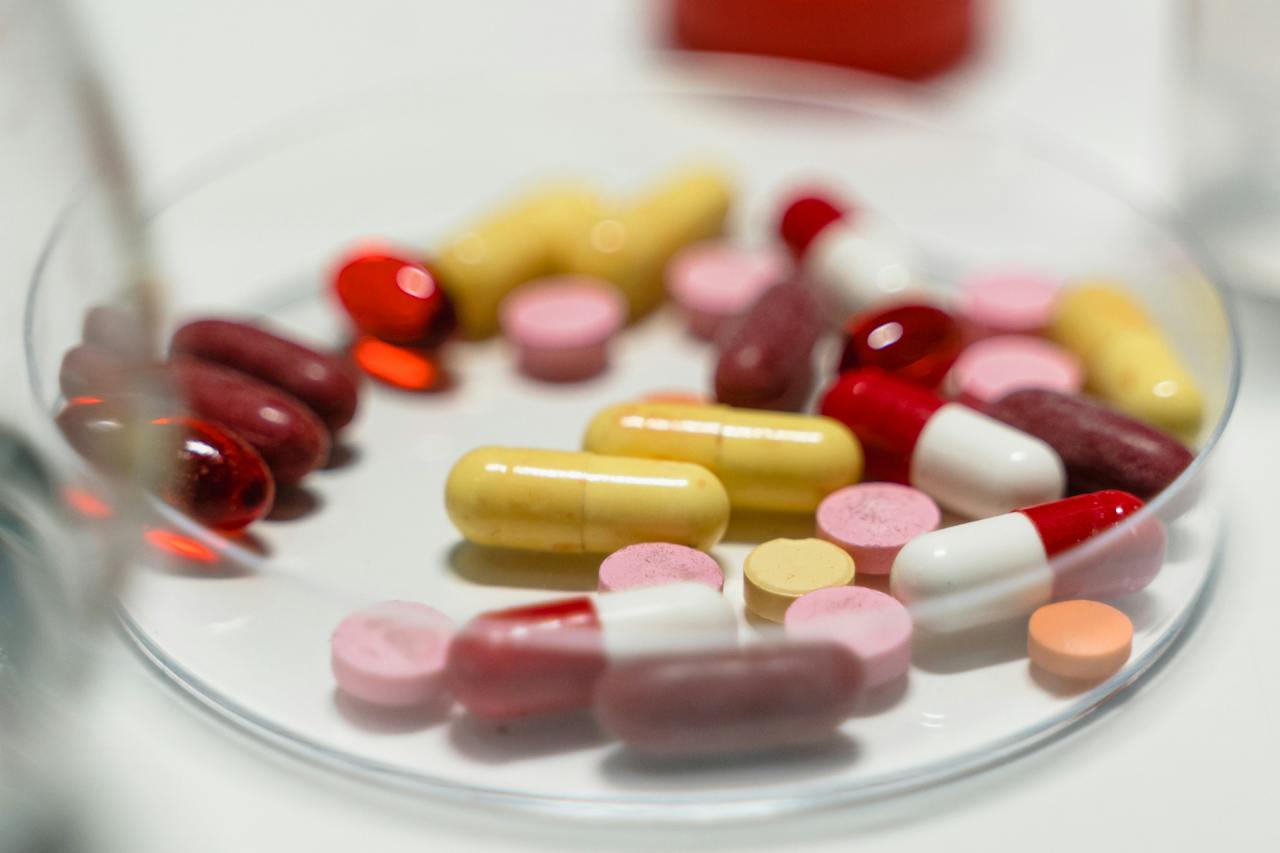Have you had issues getting GP appointments? Have recurrent illnesses such as tonsilitis, have a history and know you need an antibiotic or short course of treatment for an infection but have to jump through hoops to get the care you need? Pressure may soon be relieved in these acute health circumstances as the Pharmacy First initiative soon launches. The initiative, backed by the NHS and Community Pharmacy England allows pharmacists to prescribe, diagnose and treat common minor illnesses which means patients can likely receive care quicker and get better without a lengthy wait for a GP appointment, which, by the time they get one, may no longer have the presenting illness.
Pharmacies that register for the service can expect to see a £2,000 per pharmacy as an incentive to take up the scheme. A minimum consultation number of around 30 appointments a month by later this year could see participating pharmacies receiving a monthly fixed payment of £1,000. What’s more, they will receive a payment of £15 per consultation, and payment caps will be implemented in the second half of 2024/25. All pharmacies that sign on to provide the service will be required to operate all seven PGDs (patient group directions), which are a legal framework providing legitimacy to pharmacists to diagnose and prescribe. There are limitations, though, with online and distant pharmacies only being able to prescribe for 6 but not for earaches, which often require a physical examination.

Consultations for seven clinical pathways (outlined below) will soon be admissible for pharmacists to consult for as well as those referred by NHS 111, general practices and others. Community Pharmacy England initially proposed the idea of a Pharmacy First service to the Department of Health and Social Care and NHS England for a Pharmacy First service back in early 2022 and the bid included a follow up campaign to get influence with key public health stakeholders. The initiative comes at a time when it is harder than ever to get a doctor’s appointment for common illnesses, especially uncomplicated ones where an appointment would be taken up dealing with common infections whereas GP services could be reserved for serious, complicated illnesses and emergency medicine.
In a recent study, 1 in 4 patients accessing urgent care said they could not get an appointment with the GP within a month, and 1 in 3 could not attend appointments due to commitments like work or childcare, with the only appointments available being in inconvenient hours. The Pharmacy First service begins at the end of this month (31st January 2024) and is seen by influencers and health officials as the first step in recognising and properly funding the enormous amount of healthcare advice that community pharmacies can provide to the public every day and giving further legitimacy to pharmacist’s capacities to appropriately prescribe for common healthcare issues.
Just some of the illnesses which will soon be able to be treated through Pharmacy First include;
sinusitis
sore throat
acute otitis media
infected insect bite
impetigo
shingles
uncomplicated urinary tract infections in women.
